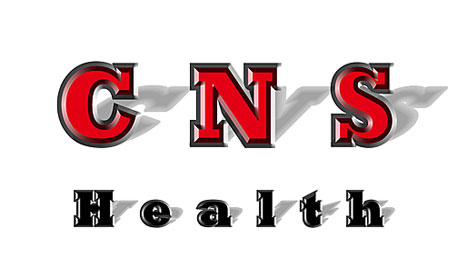ANNAPOLIS – Maryland has been awarded $6.4 million from the U.S. Department of Health and Human Services for expansion of the Maternal, Infant, and Early Childhood Home Visiting Program — one of only 13 states to receive a competitive grant.
The program, which provides money to states for home visiting programs that offer support services and education to at-risk children and families, has been administering awards under the Health Resources and Services Administration since 2011.
But this is the first time the Maryland Department of Health and Mental Hygiene received competitive funding under the Affordable Care Act..
“This is the big one we’ve been waiting for,” said Ilise Marrazzo, director of Maryland’s Maternal and Child Health Bureau.
Expansion grant awards are given to those organizations that have already implemented home visiting programs and want to serve a larger area, according to Michael Lu, associate administrator of the Maternal and Child Health Bureau at the Health Resources and Services Administration.
Federal grant administrators identified three main goals: Increase the availability of home visiting, improve the quality of these services through training and integrate a data system to improve performance measurements, according to Lu.
“This money will allow us to not only expand into high-risk areas, but it will allow us to expand to help all families in need by adding more front line workers and home visitors,” Marrazzo said.
Services provided during home visits include everything from prenatal care, to education on how to provide infants with a safe sleeping environment.
“Anyone who’s ever been a parent knows you need all the help and advice you can get,” Lu said. “And that’s especially true with children who have things like special needs or disabilities.”
Six counties in Maryland are already receiving program funding from a $1.3 million federal grant based on a formula that uses child poverty data.
Now four additional Maryland counties will now receive money: Allegany County, Baltimore County, Caroline County and Harford County.
These additional countries were identified through a needs assessment as being the most vulnerable, according to Lu.
The Maryland Department of Health and Mental Hygiene also hopes to expand programs have been proven successful, like a Baltimore City Department of Health program, according to Marrazzo, which triages all prenatal and infant cases and refers them to programs based on need and geographic location.
“These programs are extremely important in a lot of different ways; we know they do a lot in terms of improving pregnancy outcomes, reducing maltreatment, abuse and neglect, and strengthening parent and family relationships,” Lu said. “Now with additional funding, [the programs] will be able to reach out to more communities.”

